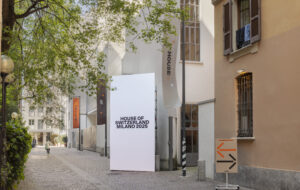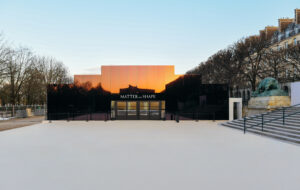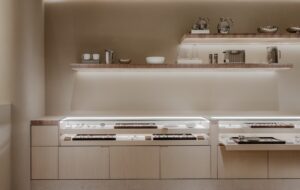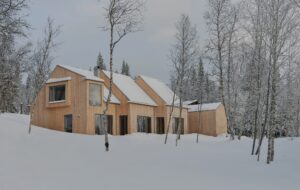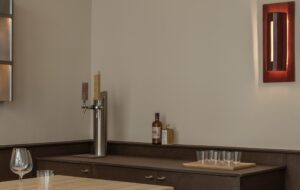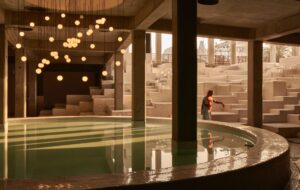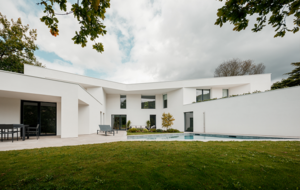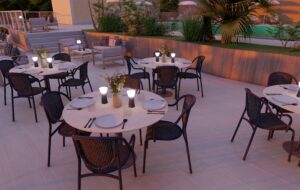UK-based woodworker Alfred Newall discusses his creative journey to date in an exclusive interview with ICON. Roddy Clarke reports
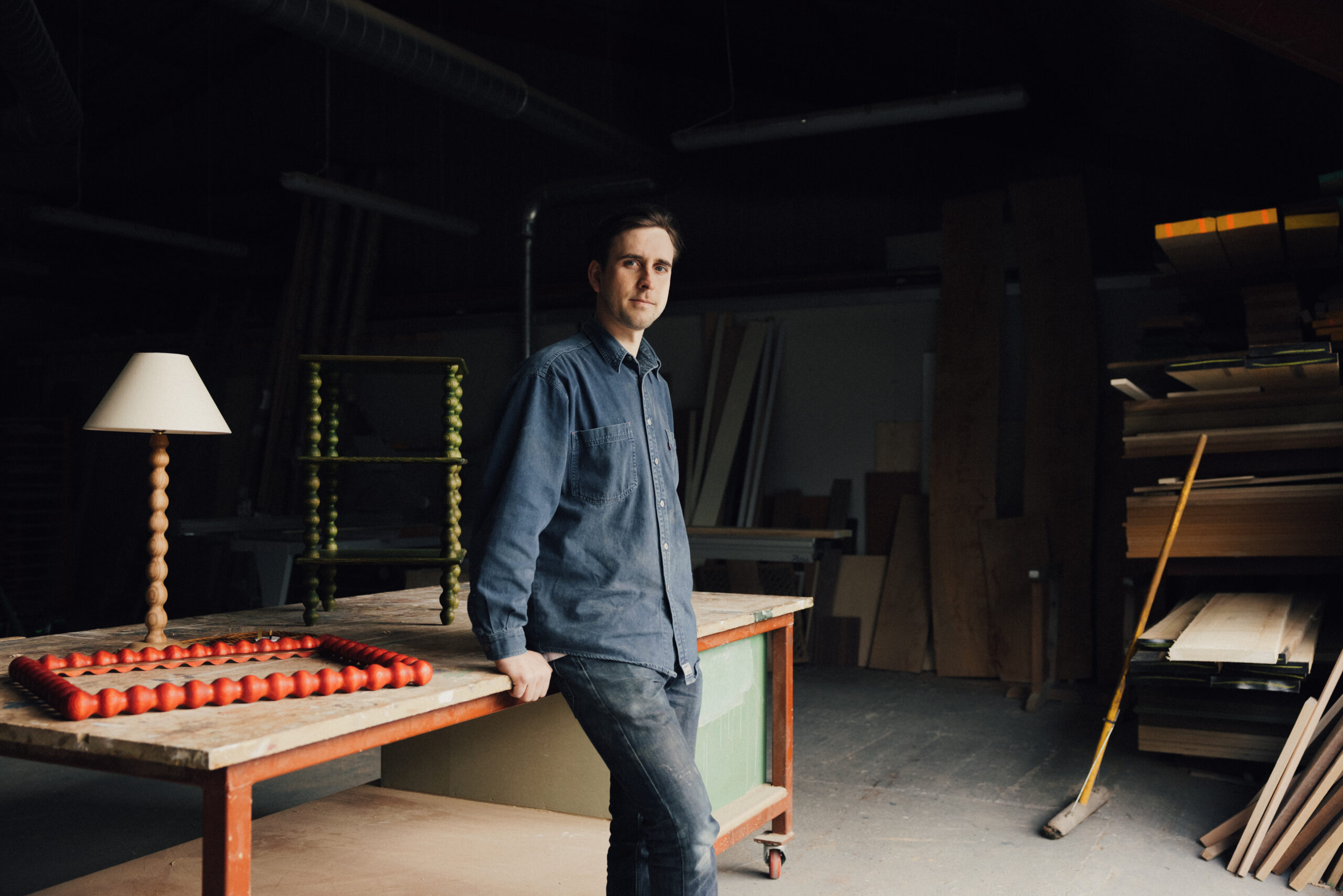 British designer-maker Alfred Newall is beautifully balancing traditional techniques with contemporary craft in his collections of made-to-order furniture and accessories for the home. Photography by Mark Anthony Fox
British designer-maker Alfred Newall is beautifully balancing traditional techniques with contemporary craft in his collections of made-to-order furniture and accessories for the home. Photography by Mark Anthony Fox
Words by Roddy Clarke
With his love of woodworking embedded from an early age, Alfred Newall has turned his passion into a thriving career with his studio now in its eighth year. Seamlessly blending traditional skillsets with a classic aesthetic, Newall’s meticulous attention to detail can be seen in each project he undertakes and, as the desire for craft is reignited in younger generations, he hopes to be a great example in how transforming your passion into a business can be done. From home accessories such as lamps and mirrors, to beds, dining tables and bespoke furniture commissions, the designer-maker’s scope of work is broad, leading him to now expand and employ his own team and, while growing a business brings its challenges, Newall states, ‘If you find the work you do enjoyable, you will have every chance of success.’
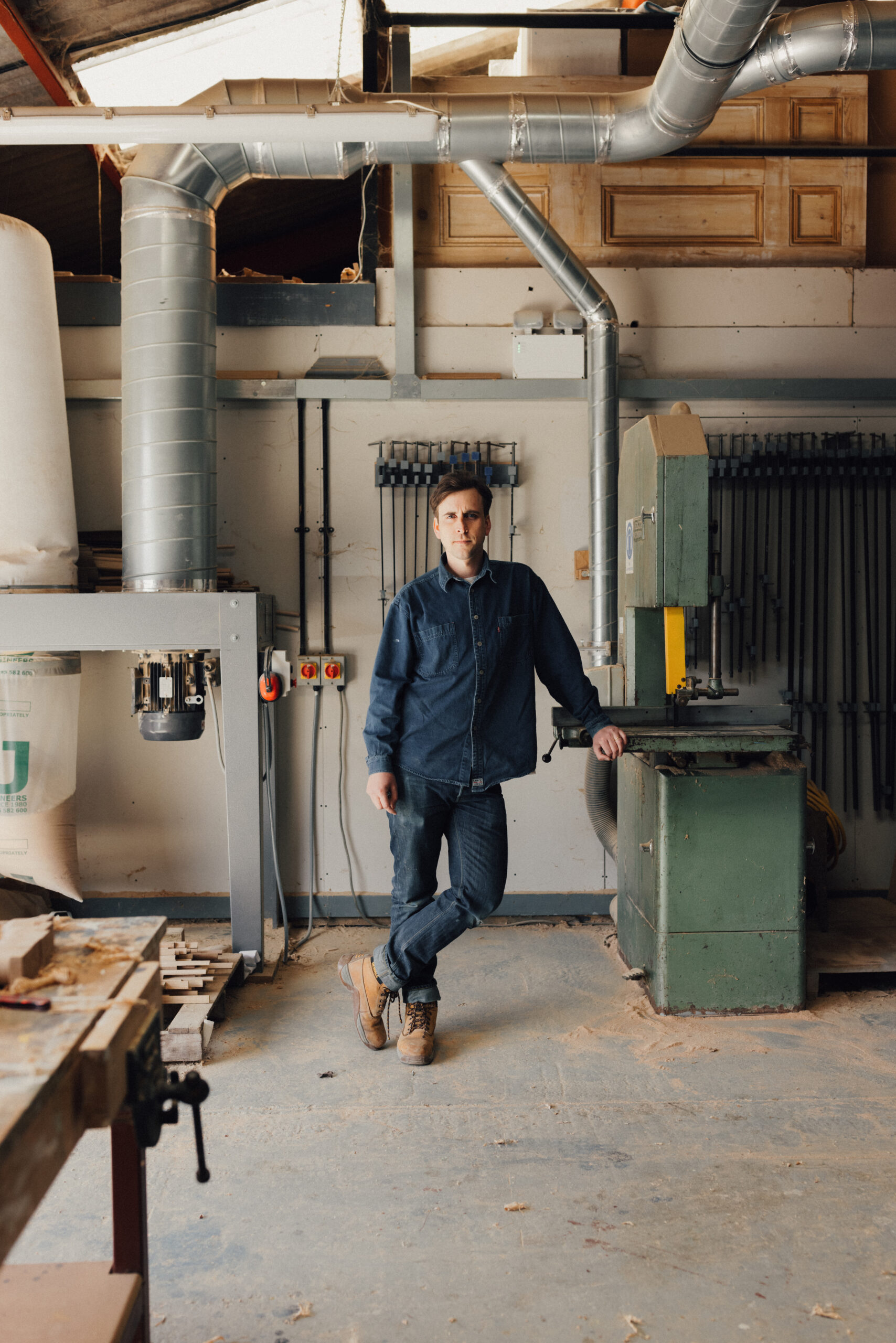 Alfred Newall pictured in his East Sussex workshop. Photography by Mark Anthony Fox
Alfred Newall pictured in his East Sussex workshop. Photography by Mark Anthony Fox
Newall began exploring his craft at school in Dorset where he recalls finding pieces of green timber in neighbouring woodland which he then turned into bowls and candlesticks on an old Wadkin lathe. ‘I was immediately drawn to the process of wood turning and later furniture making,’ he explains. ‘For me, it was the most perfect balance between the aesthetic and physical faculties and occupied my mind in a direct way.’ Going on to take a Cabinet Making course at the Building Crafts College, he delved deeper into the traditional methods of wood working for buildings and furniture making where he designed and made windows, doors, staircases and furniture. Going on to work for different makers as well as the renowned joinery experts Plain English, Newall became inspired by the proportions and assembly of cabinetry made in the Georgian style before setting up his own workshop in 2015.
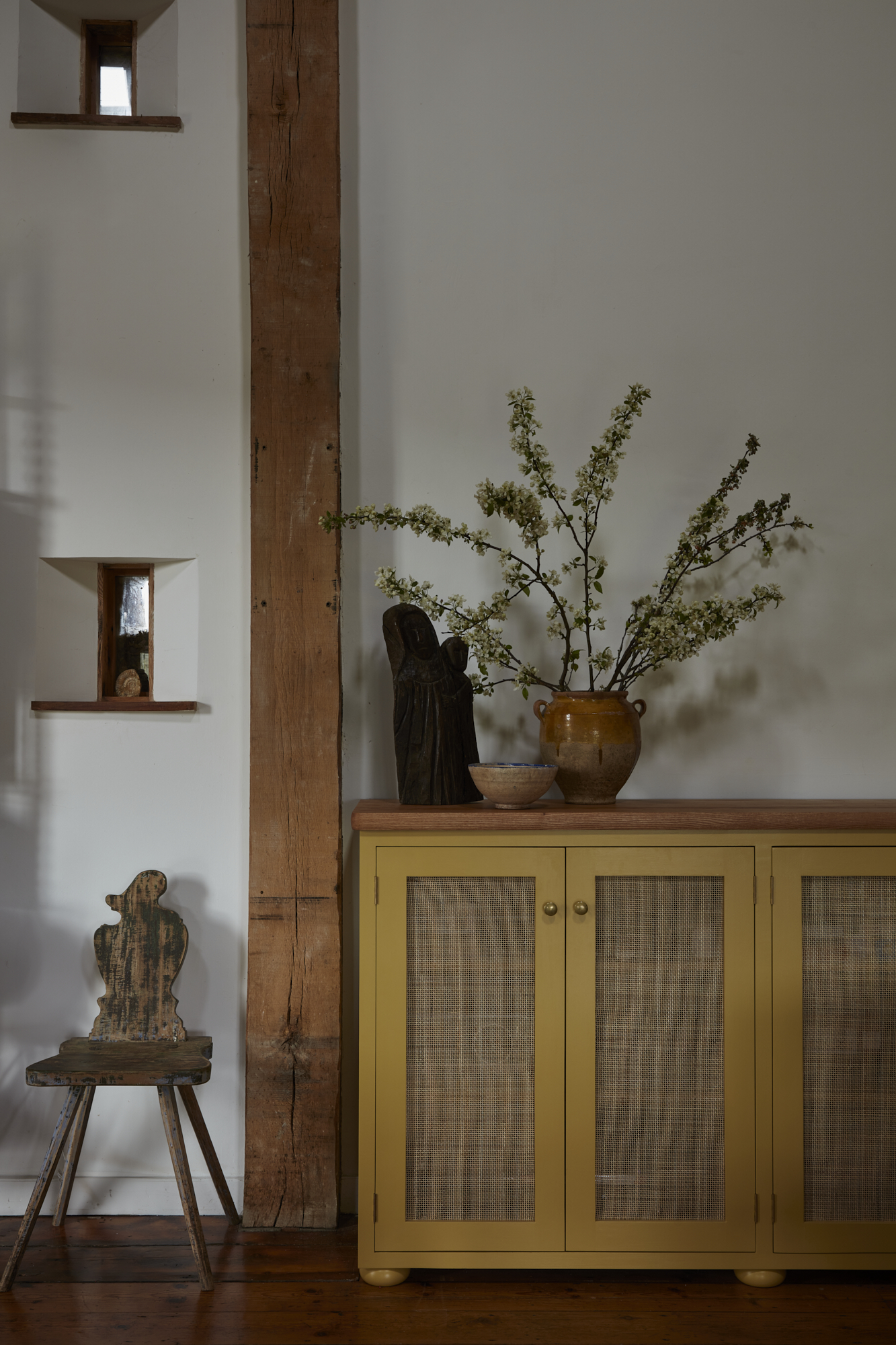 The Caned Cabinet by Alfred Newall in a Painted Yellow finish with interiors by Cote De Folk. Photography by Chris Snook
The Caned Cabinet by Alfred Newall in a Painted Yellow finish with interiors by Cote De Folk. Photography by Chris Snook
Now offering a wide range of made-to-order furniture, Newall states it is about finding a careful balance between traditional and contemporary methods. ‘The past informs most decisions when it comes to working with wood,’ he says. ‘All timbers have unique qualities that must be considered and I love that history informs decisions we make everyday in the workshop. I believe good design is informed by the past and present, making something new that is carefully considered for future use and designed not to fit with a particular trend or period but for longevity. In my mind the most successful interiors combine the old with the new.’
A timeless charm exudes from Newall’s designs, with the Bobbin collection being the perfect example of a style he has revived from past eras while adding his own unique take to the form and finish. Speaking of his growing audience and the desire for handmade craft in recent years, Newall says how he feels grateful. ‘It seems there will always be times when the importance of quality and longevity are overshadowed by the desire for low cost or mass production. I do however find myself drawn to a time when people were more widely skilled in crafts and everyday things were made to last.’
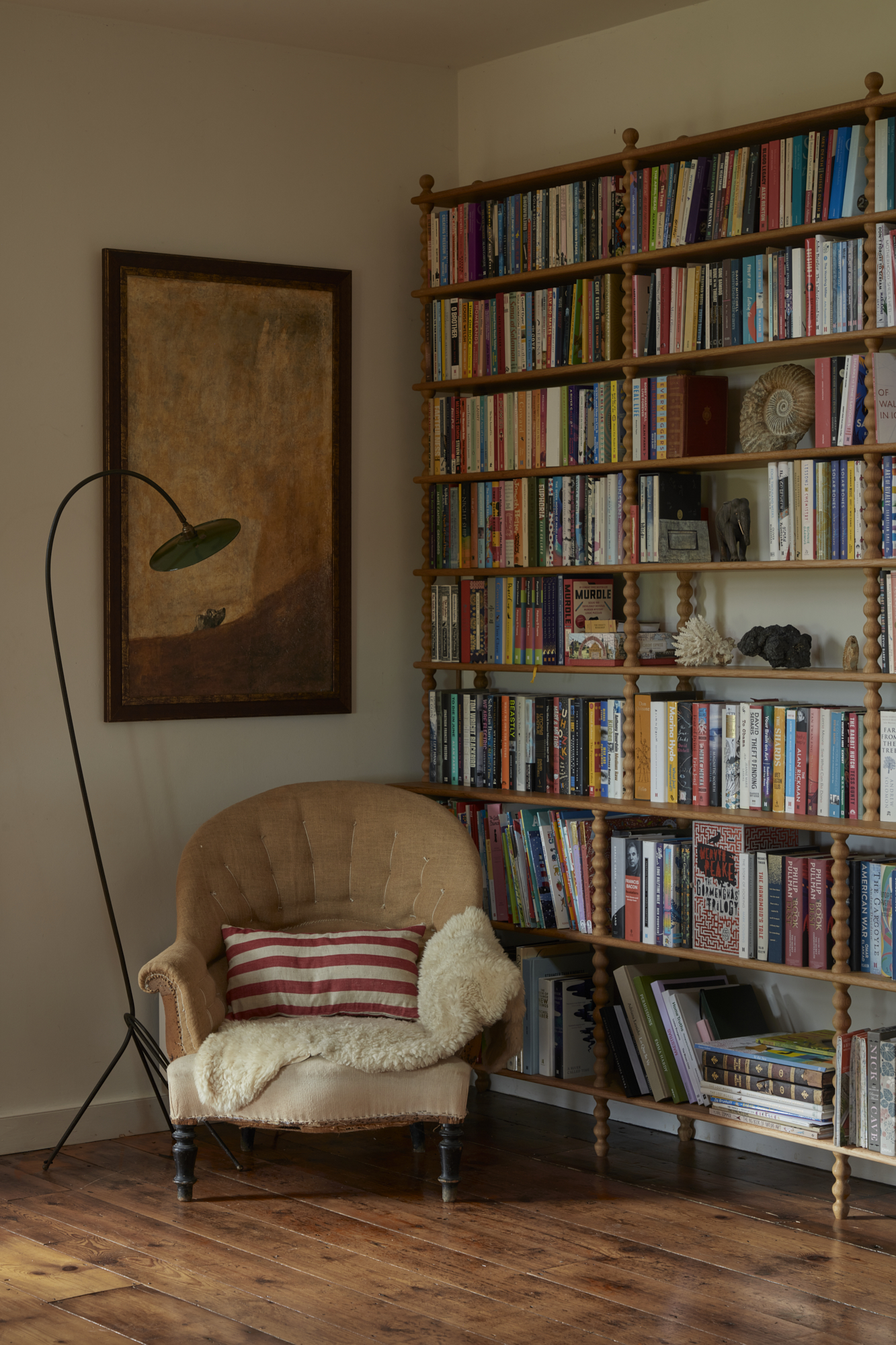 The Bobbin Bookcase is part of Newall’s collection which reimagines traditional bobbin furniture with a contemporary edge. Interiors by Cote De Folk. Photography by Chris Snook
The Bobbin Bookcase is part of Newall’s collection which reimagines traditional bobbin furniture with a contemporary edge. Interiors by Cote De Folk. Photography by Chris Snook
Looking ahead, Newall’s vision to grow the business includes further connecting his work with international audiences. “We’ve had strong growth in the US recently and I would love to continue this through interior designers and retailers,” he comments, as well as speaking of his dream of owning a showroom. ‘In the meantime, we will keep progressing collections and adding more products whilst celebrating the skills of our makers. I want to make sure we continue to provide opportunities for fulfilling careers for makers passionate about their craft.’
With small-scale production finding its place within a future economy where greener and circular values are championed, Newall alludes to the inherent resourcefulness that comes from a made-to-order business model. ‘Our clients are used to ordering in this way and it drastically reduces any wastage and stops us from using up precious resources,’ he continues. ‘There is a huge respect for the wood we use, it has spent its life growing, so we make sure it is put to good use and can have a long future as a carefully crafted piece. We also offer a repair and refinish service for our furniture, ensuring the longevity of the pieces and making them last.’
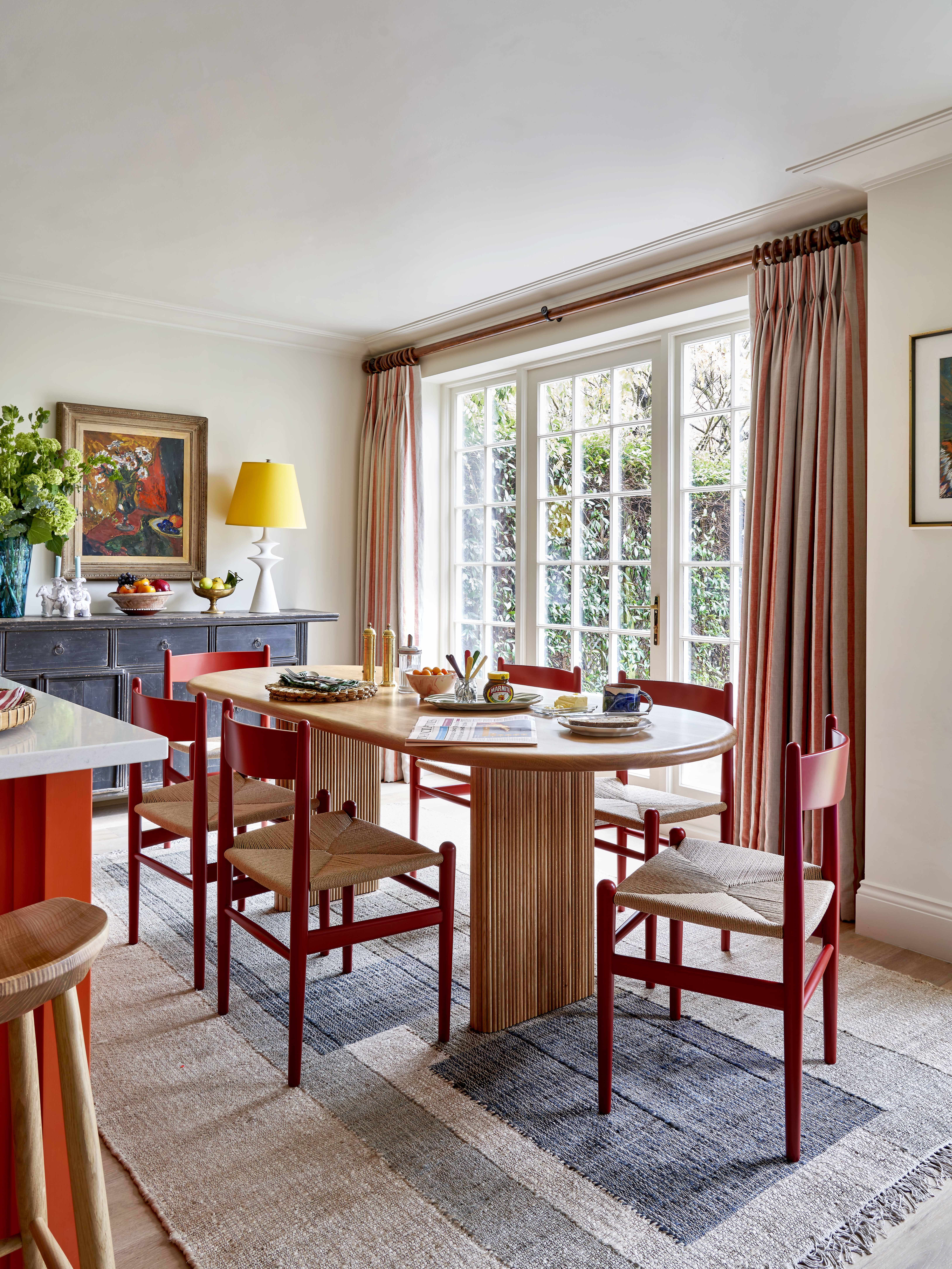 The Reeded Slab Dining Table by Alfred Newall, part of his range of fully customisable and made-to-order dining tables. Interiors by Lonika Chande. Photography: Milo Broan
The Reeded Slab Dining Table by Alfred Newall, part of his range of fully customisable and made-to-order dining tables. Interiors by Lonika Chande. Photography: Milo Broan
Thanks to Newall’s dedication to the craft, it is wonderful to see the studio go from strength to strength despite the constant effort to overcome design and production challenges that arise along the way. It allows for learning and growth and therefore encourages a collaborative team spirit,’ he says while also commenting on what he has learnt himself through the process. ‘I wasn’t always sure that furniture making would be a viable career choice as I had been warned by some experienced makers that it was tough to make it work commercially,’ he reveals. ‘I suppose it would have been nice to know that the appetite for handmade furniture is strong and that there are many routes you can explore in craft with a good set of skills and passion. Thankfully I developed confidence in my ideas and have been determined in persevering with something I love. I am very proud of the business we have today.’ When thinking about the wider industry and other artisans looking to develop their own practices as well as running their own studio, Newall says you must believe in yourself and your ideas. ‘Be brave and go after challenges and opportunities,’ he concludes. ‘Learn as much as you can from those around you, ask questions and build your skills but ultimately, you must find something you love doing.’
Get a curated collection of design and architecture news in your inbox by signing up to our ICON Weekly newsletter


